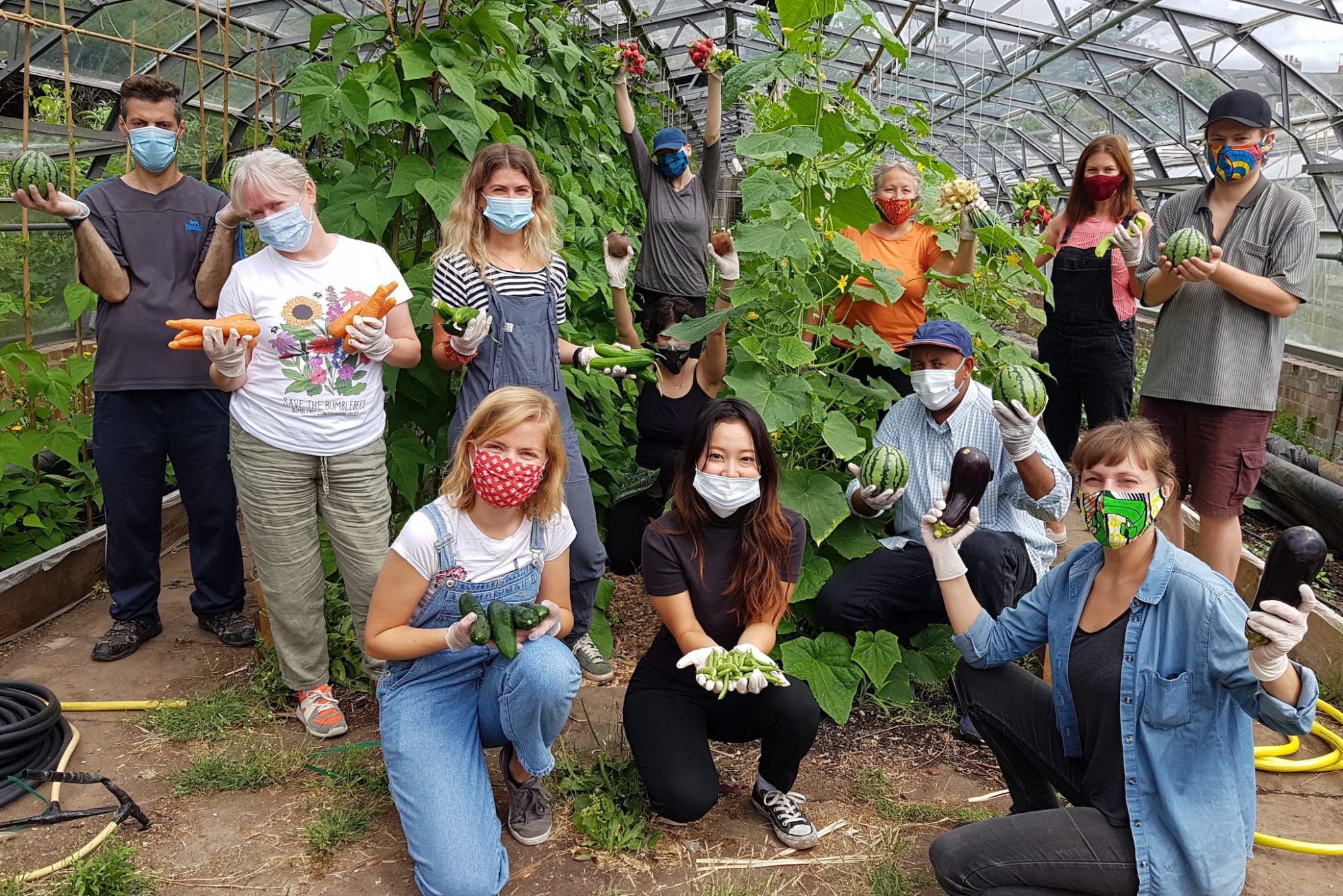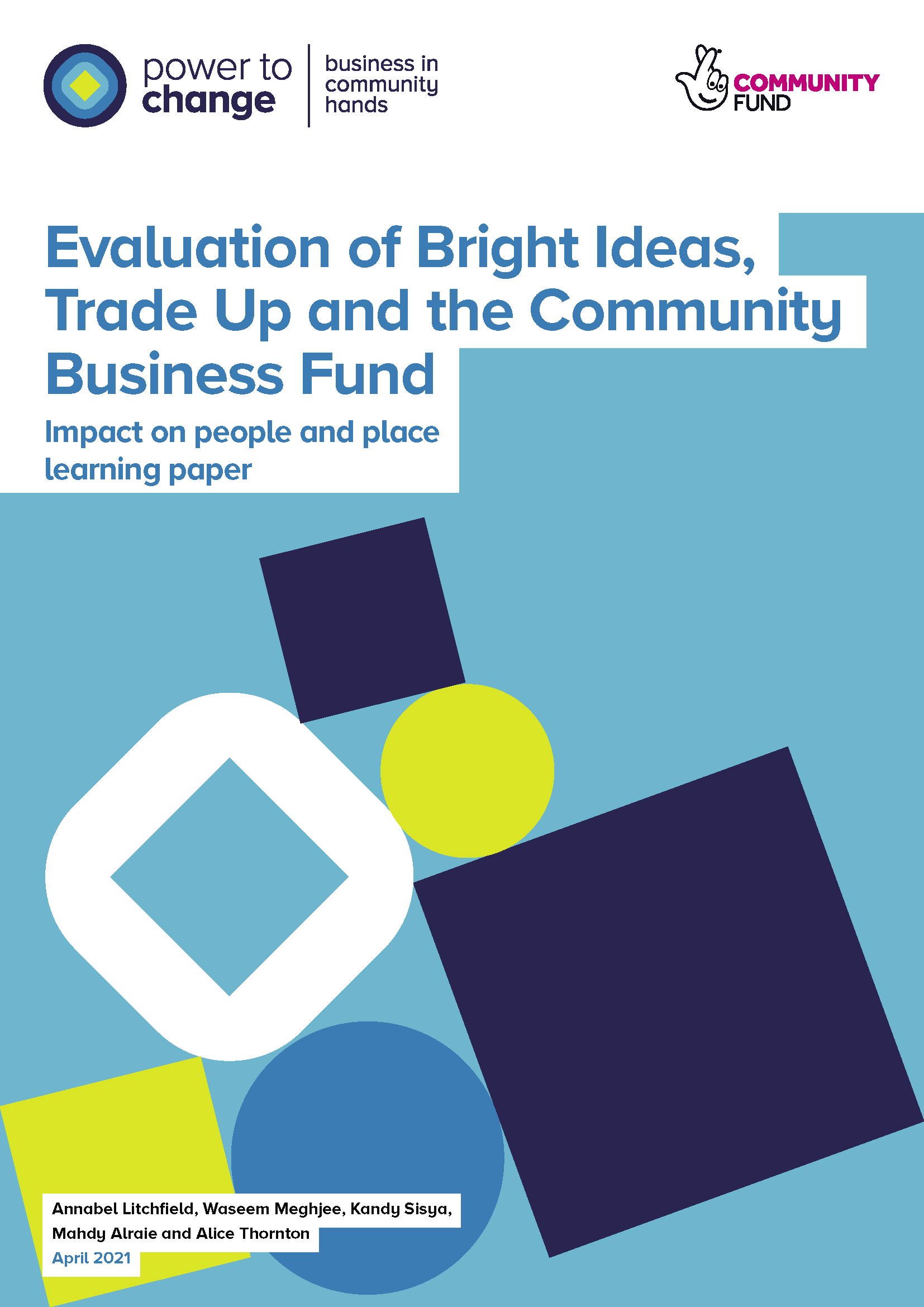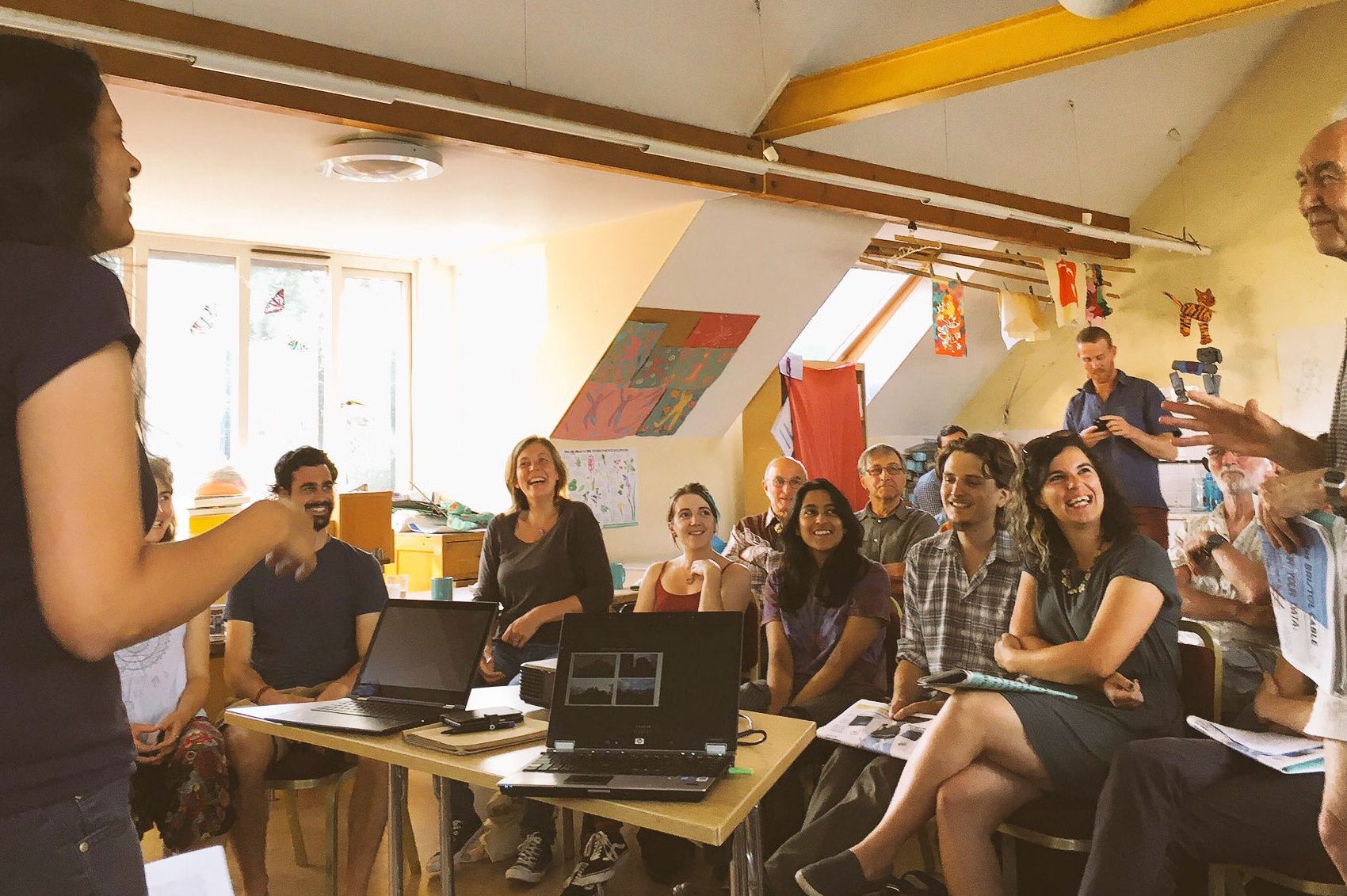
Mylene Pacot
Senior Project Manager – Research and Evaluation at Renaisi

Joyce Chan
Project Manager – Research and Evaluation at Renaisi
In this blog, Renaisi outlines key findings from two reports published today. The evaluation report and learning paper focus on three Power to Change programmes – Bright Ideas, Trade Up, and Community Business Fund – which intended to help community businesses through a linear journey of growth, providing early-stage support, advisory for growing income, and offering capital investment to support their long-term sustainability. The reports outline the elements of each programmes that helped community businesses grow, their impact on people and places, and the key challenges that community businesses faced.
Bringing together research across the programmes, evidence confirms that community businesses are uniquely placed to deliver social impact. They have a deeply rooted understanding of community needs, and their organisational culture, values, and nature of existence help realise significant impact on people and places.
In particular, community businesses help achieve:
- Reduced social isolation by providing places for people to go, opportunities for volunteering and learning new skills, and improving mental health.
- Improved health and wellbeing by building connections with others, improving feelings of belonging, engagement in meaningful social activity, and increasing confidence and community wellbeing.
- Increased employability by creating local jobs and training opportunities, supporting those likely to experience exclusion, and by increasing confidence.
- Improved access to services for local people.
- Greater community cohesion, by creating a sense of purpose and contribution, and sector- level cohesion through collaboration and partnerships.
- Greater community pride and empowerment by providing opportunities for local people to actively participate in community initiatives.
- Improved local environment, by regenerating derelict building or spaces, or by directly maintaining the local natural environment.
What helped to achieve this?
A combination of internal and external factors, as well as programme design elements, enabled community businesses to thrive under these programmes:
Bright Ideas: helping early-stage organisations develop
Programme design elements that supported community businesses:
- Business development support to develop an idea and assess its viability
- Seed funding for implementing parts of the business plan
Factors contributing to community businesses’ success in the programme:
- Strong communication and marketing strategy
- Positive relationship with Advisor
- Ability to fundraise
- Wider support of the organisation
Trade Up: growing community businesses by increasing their trading income
Programme design elements that supported community businesses:
- Learning programme helped community businesses re-focus on their future direction
- Grants helped organisations invest in their business
Factors contributing to community businesses’ success in the programme:
- Organisational processes and structures
- Capacity to implement changes
Community Business Fund: help community businesses achieve self-sufficiency
Programme design elements that supported community businesses:
- Capital grants helped community businesses acquire or increase the value of their assets or their accessibility to customers
- Peer brokerage helped community businesses determine how they could improve their processes, especially in terms of impact
Factors contributing to community businesses’ success in the programme:
- Knowledge and expertise
- Timing of business development support
Across all programmes, community businesses that had a clear business model and plan, supportive and engaged community and stakeholders, an effective governance structure, strong leadership and perseverance were more likely to succeed. On the other hand, staffing, lack of internal capacity and suitable skill sets were main factors of community businesses who struggled to achieve their aims. External factors like challenges in acquiring assets, access to funding, and roadblocks posed by the pandemic were additional barriers that community businesses came up against.
Learn more
Our year two evaluation report outlines the enablers and barriers for community businesses, and how community businesses can be supported to become sustainable catalysts for community-led development. And you can read more about how community businesses impact their communities, and how long-term impact on place could be achieved, in our annual report for the programmes.





